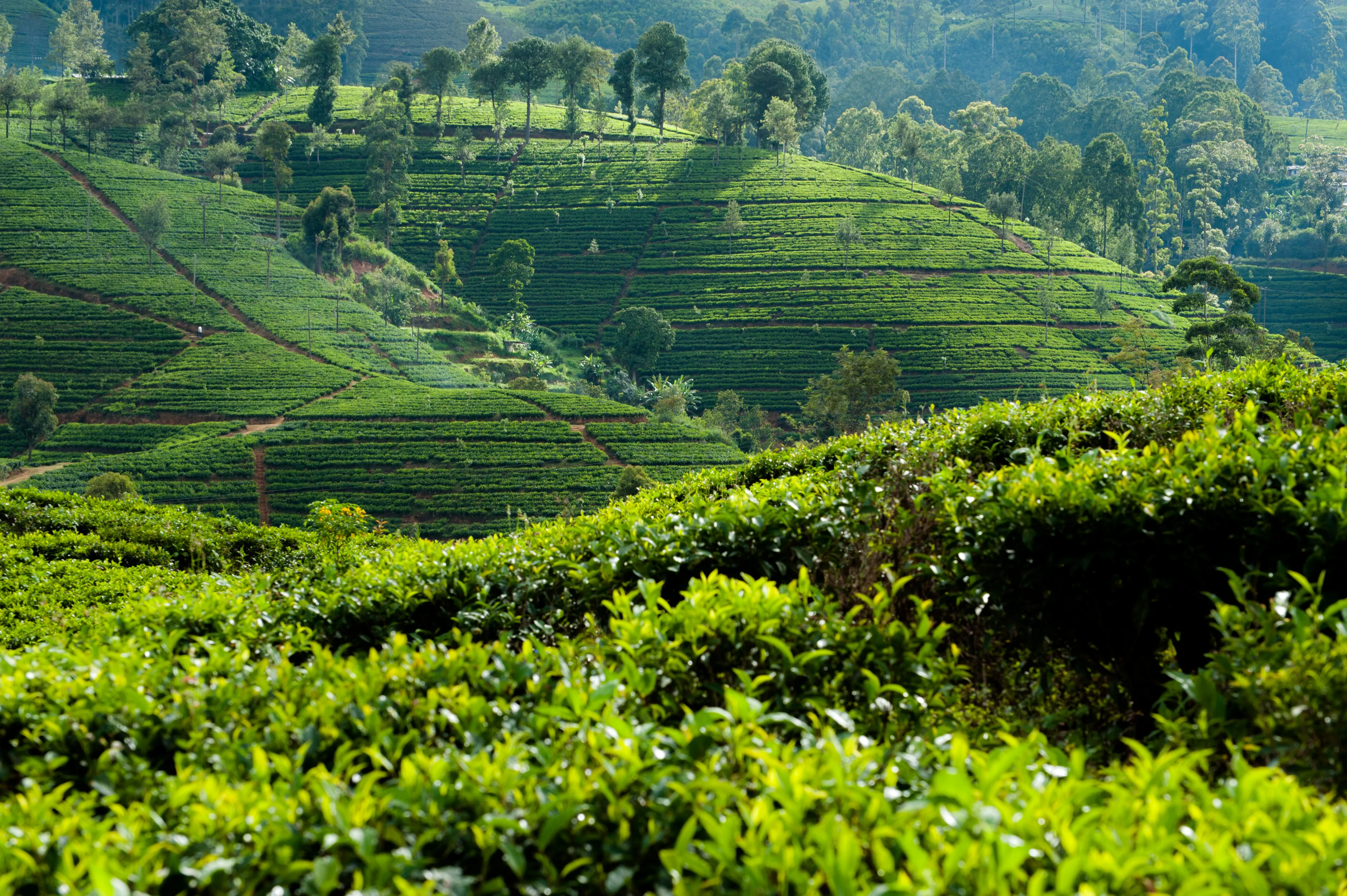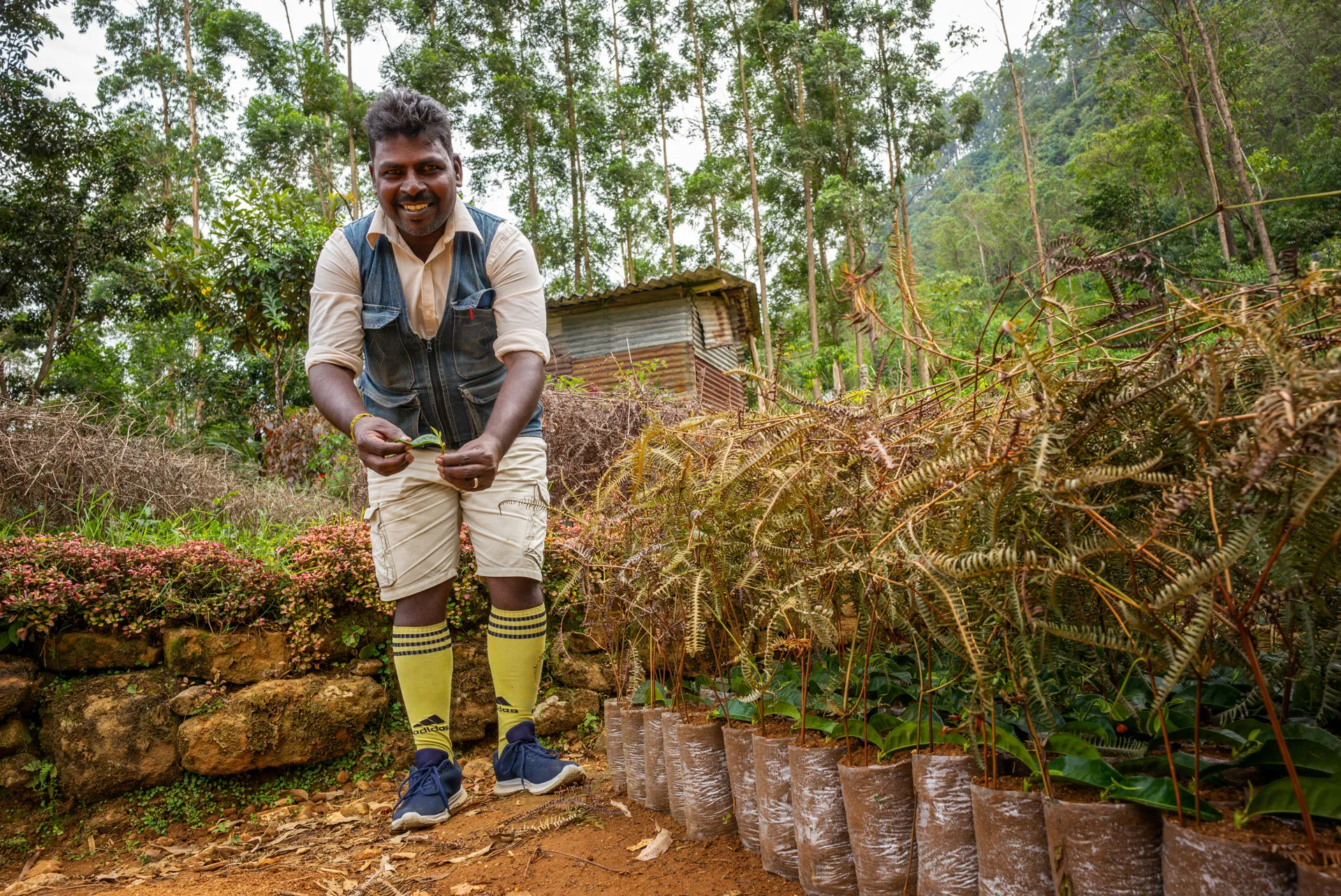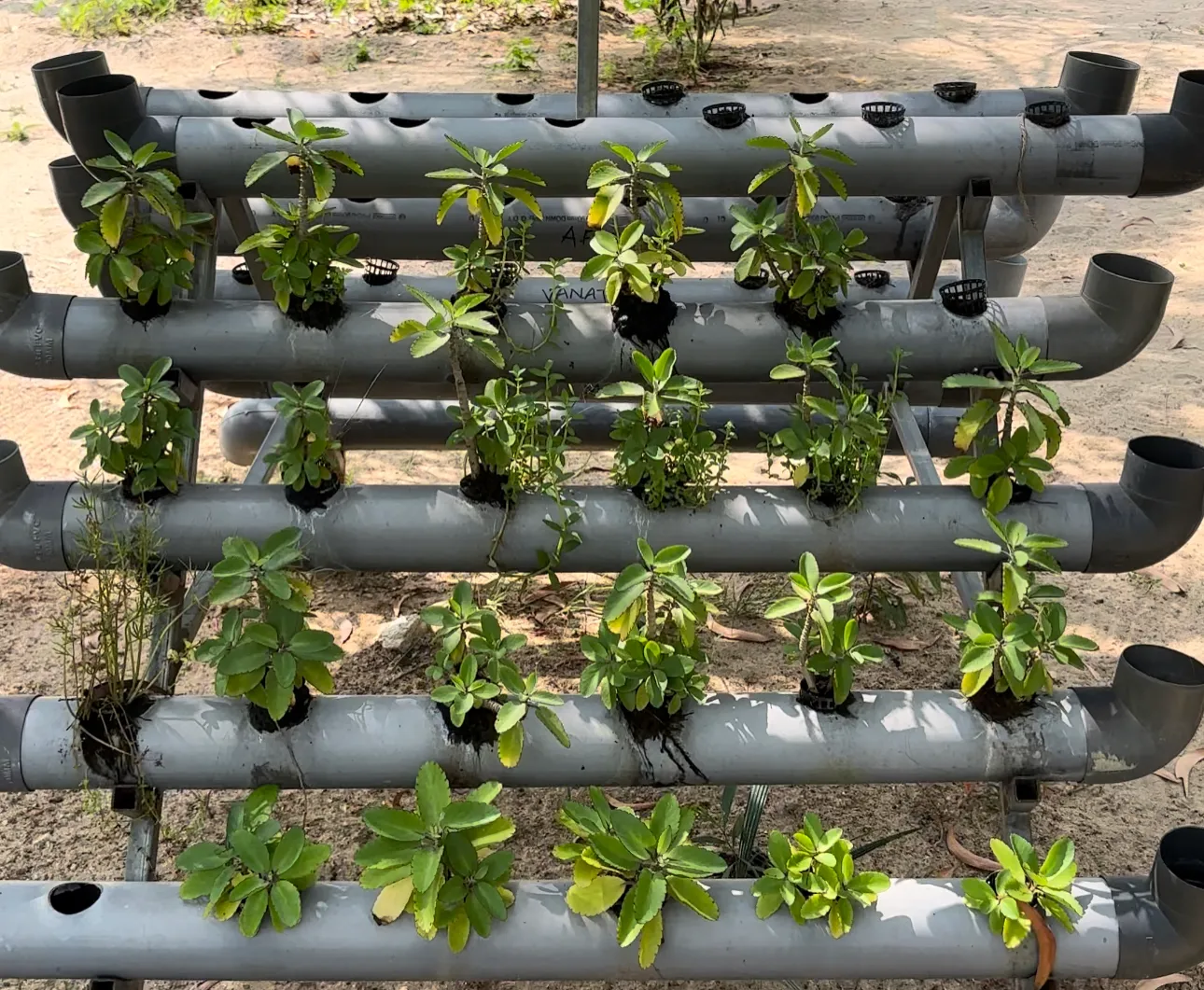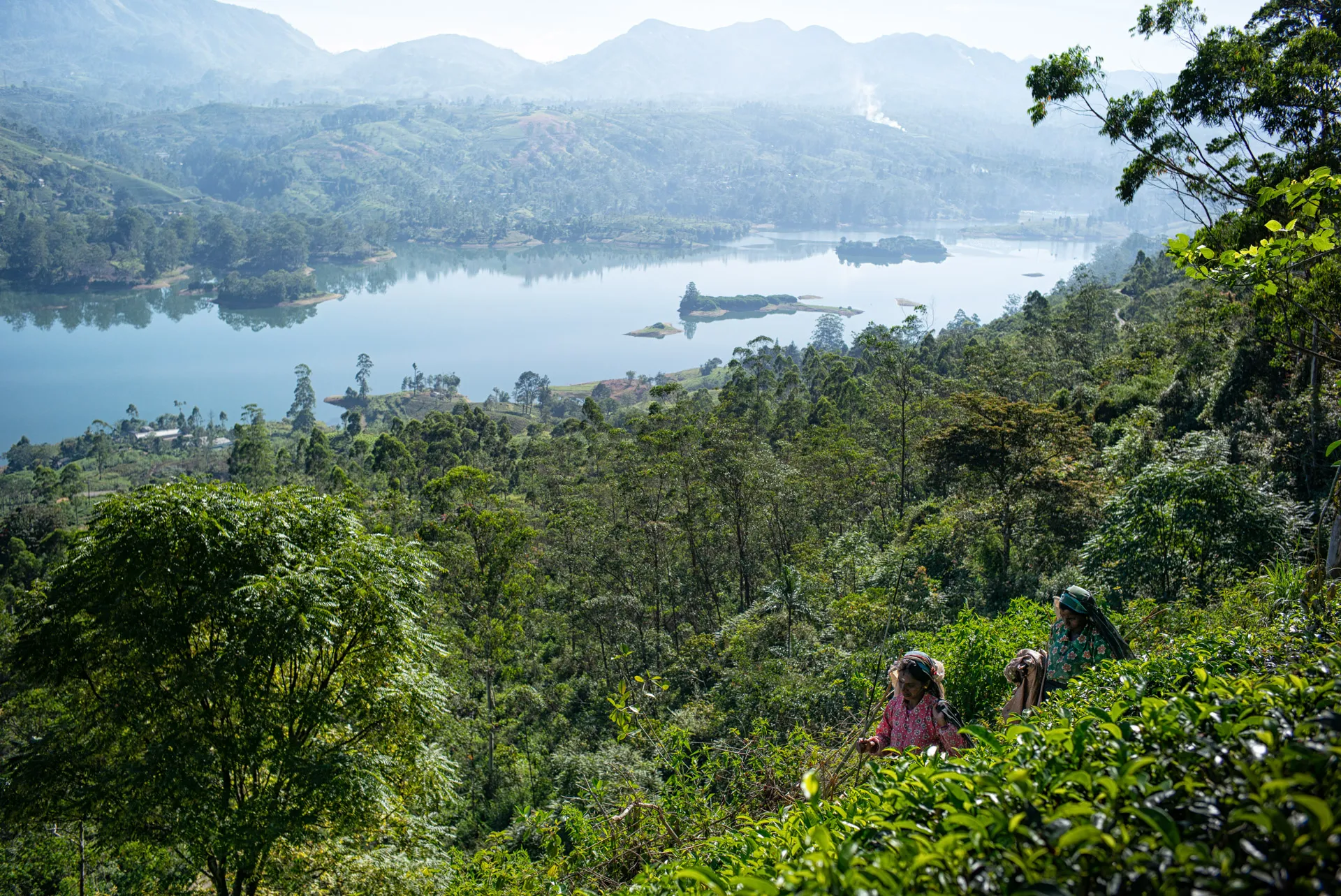Decolonizing Ceylon Tea: A Brief Overview
Ceylon tea has a complex history intertwined with colonization, exploitation, and oppression. Today, efforts to decolonize Ceylon tea are ongoing, as activists work to promote self-determination, cultural preservation, and economic justice.
Chapters
Understanding Colonization and Decolonization
Colonization refers to the domination and exploitation of one country or region by another. Typically, the colonizing power seeks to extract natural resources and labor from the colonized country for their own profit. This often involves violence, racism, and cultural destruction, as well as ecological damage. The effects of colonization can be far-reaching, leaving lasting impacts on both the people and the land.
Neo-colonization is a form of ongoing economic exploitation that perpetuates the inequality of power between former colonial powers and their former colonies. This takes the form of exporting raw materials at low prices and importing industrialized products at a high cost, as well as through the use of certification boards located in former colonial nations to determine what is considered "fair" business practices.
Decolonization is the process by which formerly colonized countries or regions gain political independence and self-determination. This process can be long and difficult, as it involves overcoming the legacies of colonization and establishing new identities. It also involves promoting economic, political, and social rights and opportunities for local populations, including reparations for past injustices and the repatriation of cultural heritage.
The Case of Ceylon Tea
Ceylon tea was first introduced by the British in the mid-19th century as a cash crop. To cultivate and process the tea, the British relied heavily on the labor of local people who were often treated poorly and paid low wages. Despite this, Ceylon tea became one of the world's most valuable exports.
Today, efforts are underway to decolonize Ceylon tea. This includes promoting fair labor practices, supporting small-scale and sustainable farming, and elevating the voices and perspectives of local communities. There are also efforts to preserve and promote traditional cultural practices related to tea cultivation and consumption.
Historical Context: Colonization and Exploitation of Ceylon Tea
The colonization of Sri Lanka, formerly known as Ceylon, began in the 16th century when the Portuguese took control of parts of the country. Later, the Dutch and then the British took over control, with the latter ruling until Sri Lanka became independent in 1948. During this period, the British established tea cultivation in Ceylon, which became a major source of wealth for a small group of British traders. The tea industry relied on the labor of local people and imported Tamil workers from South India, who were subjected to harsh working conditions and exploitation by the British plantation owners. The monoculture of tea depleted the biodiversity, and the intensive use of pesticides and fertilizers polluted the environment. The effects of colonization on the local population and the environment were profound and continue to be felt today.
Effects of colonization on the local population and the environment
The exploitation of the laborers who worked in the tea plantations was one of the greatest effects of colonization on the local population. The workers endured inhumane conditions, including long hours, low pay, and lack of medical care, which had a direct impact on their health and well-being. Cultural destruction was another negative effect of colonization, with the colonial power attempting to impose its culture and language on the native population, leading to the suppression of the culture and language of the natives. The environment was also affected, with the intensification of tea cultivation leading to increased use of pesticides and fertilizers, which caused local environmental problems. The clearing of large areas of forest to create tea plantations also had a negative impact on biodiversity and natural habitat.
Efforts for sustainable and fair production of Ceylon Tea
After Sri Lanka became independent, the inequality in tea trading remained, with the British still having the monopoly on packed tea. One of the main efforts for sustainable and fair production of Ceylon tea is to improve working conditions in the tea plantations, including the introduction of minimum wages, improved working conditions, and better medical care for workers. Efforts are also being made to strengthen the rights and freedoms of the workers and to ensure that they are adequately involved. Sustainable practices in production, such as the use of environmentally friendly methods like biological pesticides and sustainable irrigation methods, are also being promoted. The efforts also focus on minimizing the environmental impact of production by avoiding deforestation and preserving the natural habitat. In addition, consumer education and awareness are being increased to promote responsible consumption.
Origin owned brands are considered the most effective means to combat the negative effects of colonization on the local population and the environment and to promote sustainable and socially responsible production of Ceylon tea. By exporting a finished product rather than bulk tea, the revenue of the value-added product stays in Sri Lanka, supporting the Sri Lankan economy and empowering the local community. Overall, the efforts for sustainable and fair production of Ceylon tea show a positive move towards a sustainable and socially responsible industry for the future, which is important to ensure a better future for the country and its people.
Creating a Decolonized Ceylon Tea Industry: Best Practices by Dilmah
At Dilmah, we're leading the way in implementing socially and environmentally responsible practices for a decolonized Ceylon tea industry. To achieve this, we believe that a rethinking process is needed at all levels, from tea plantations to processing and marketing. Here are some of our key best practices for a decolonized Ceylon tea industry:
- Promotion of social responsibility: The Ceylon tea industry should ensure fair treatment and appropriate pay for workers. At Dilmah, we have a social engagement project called the Mercy Care program that directly benefits tea farm workers and their families with medical and clinical services, education and training, financial support, and social services. We also support local businesses and infrastructure projects to improve living conditions in tea farming communities.
- Sustainable production: Sustainable practices, including the use of biological pesticides, avoiding deforestation, and efficient irrigation, should be adopted by the Ceylon tea industry. At Dilmah, we rely on natural methods for pest control, efficient irrigation through rainwater, minimize plastic waste, use biodegradable packaging, and promote reforestation projects to increase biodiversity. We work closely with local communities and farmers to ensure sustainable production.
- Community involvement: Engaging the local community in the Ceylon tea industry is vital to understanding and addressing community needs and concerns. At Dilmah, we support charitable projects such as organic farming and promote small and medium-sized tea businesses by offering training and technical support.
- Education and enlightenment: Consumers must be informed about the impact of Ceylon tea on local communities and the environment. At Dilmah, we advocate education and awareness and have initiated various education projects that support children and young people in tea regions. We also promote education and awareness-raising projects to ensure that the population is informed about the importance of sustainability and social responsibility.
- Transparent supply chain: The Ceylon tea industry should ensure a transparent supply chain, from the tea plantation to the end consumer. At Dilmah, we operate the "Single Origin" model, where all tea varieties come directly from our own tea gardens or selected smallholders. This enables us to guarantee direct control over production conditions and ensure that our products are manufactured under fair working conditions. We publish regular sustainability reports that provide detailed information on working conditions, environmental practices, and social engagement measures.
Neocolonialism Today: The Challenge for a Decolonized Ceylon Tea Industry
Despite our efforts towards decolonization, the people of Sri Lanka still suffer from neo-colonialism. Tea is bought in bulk as a raw material by multinational Western brands, who then add value through packaging and branding, taking the lion's share of the profits. This often results in the blending of Sri Lankan tea with inferior teas from elsewhere. A minimum of 5% of tea from Sri Lanka is required to use the geographic indication 'Ceylon,' which is a neo-colonialist practice to favor European tea blenders. At Dilmah, we believe that geographical indication should be protected for all, and we challenge the neocolonialist practices that have denied Sri Lankans the value of the name 'Ceylon' for cinnamon and tea.
Chapters
Explore the world of kindness
Have you ever wondered about the lifecycle of a tea plantation, particularly how new tea plants are cultivated and old ones are managed? I went to Dunkeld Tea Estate, where the art and science of tea begins in the nursery.
Discover how the MJF Centre for Dignified Empowerment and Sustainable Development helps Eastern Sri Lanka's recovery from natural disasters and addresses climate change through sustainable practices and community-focused initiatives.
You might have heard it already, but what is exactly World Earth Day? Let us talk you through what it stands for, what it means for us at Dilmah, and how it is not just a day but a part of our values.




